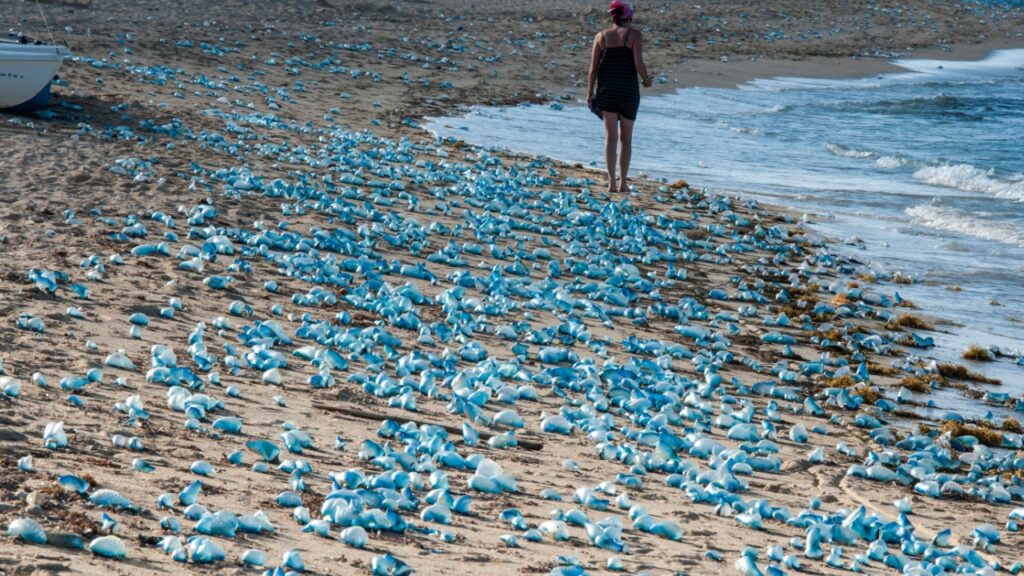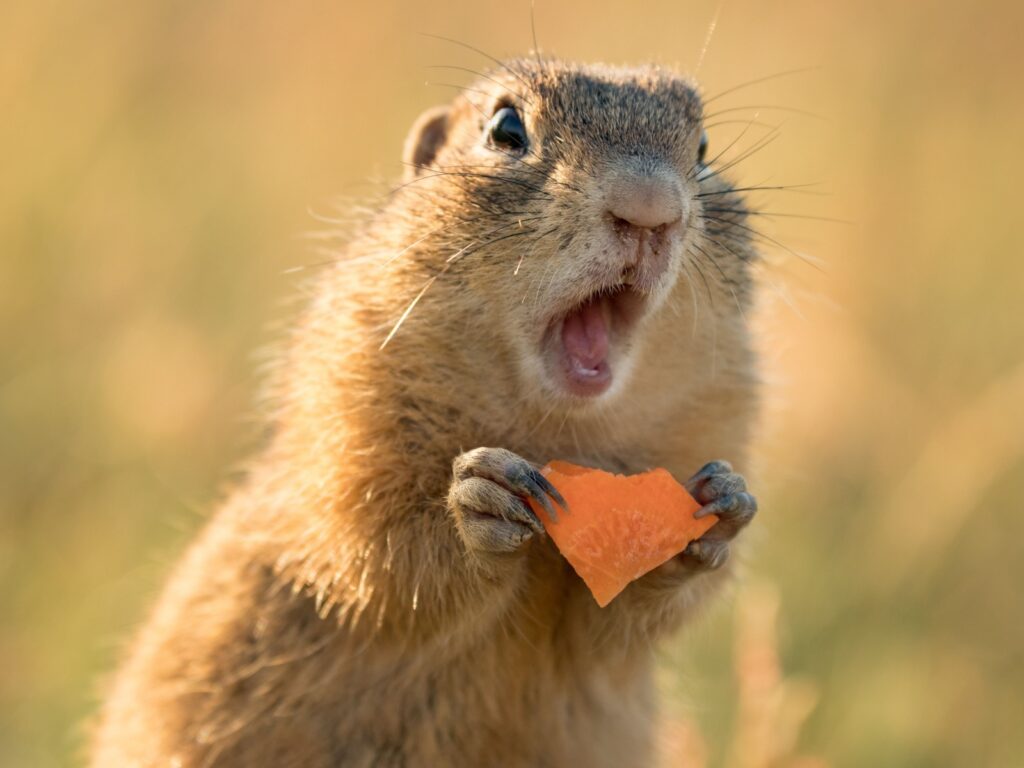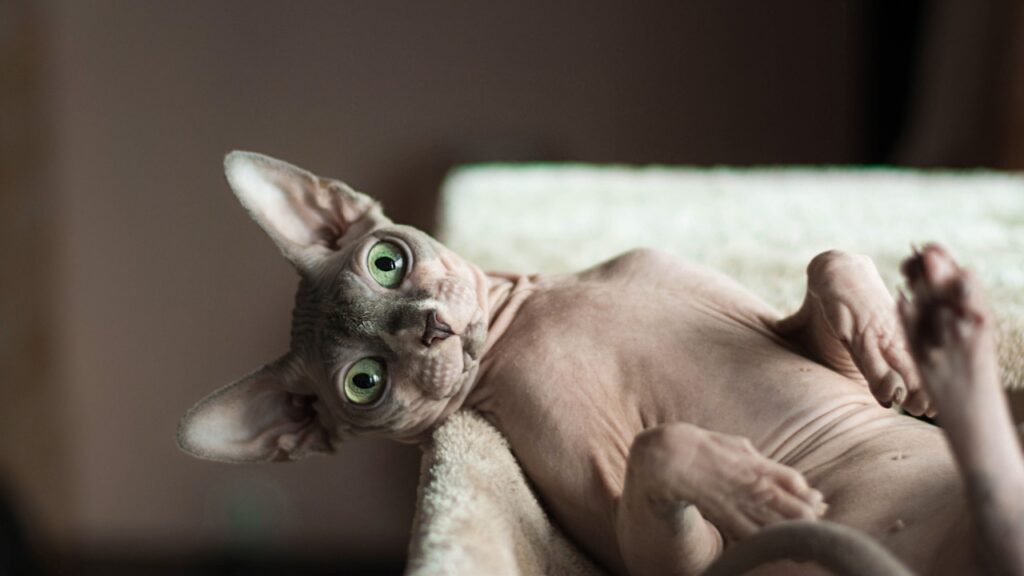Australia is famous for its dangerous wildlife, with snakes and spiders often stealing the spotlight. However, the Land Down Under is home to many other creatures that can pose a serious threat to humans. From the depths of the ocean to the heart of the Outback, these animals have evolved unique ways to defend themselves or catch prey. If you live in or plan to visit Australia, it’s definitely smart to be informed about the local wildlife you want to stay away from.
Box Jellyfish
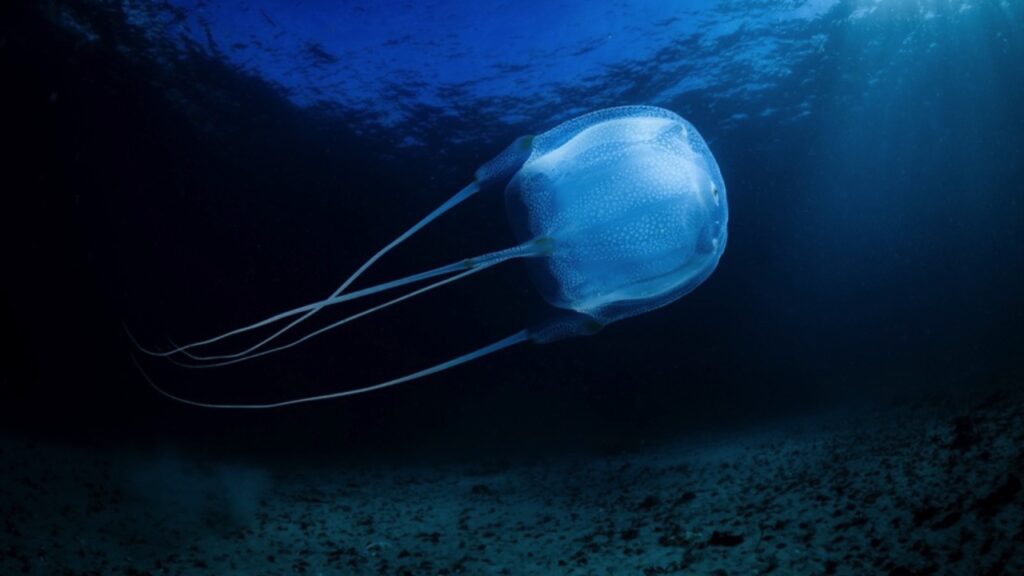
The box jellyfish is considered the most venomous marine animal on Earth. Its tentacles contain toxins that attack the heart, nervous system, and skin cells. A sting from a box jellyfish can cause cardiac arrest in humans within minutes. These transparent creatures are found in the waters off northern Australia, making some beaches dangerous for swimming.
Blue-Ringed Octopus
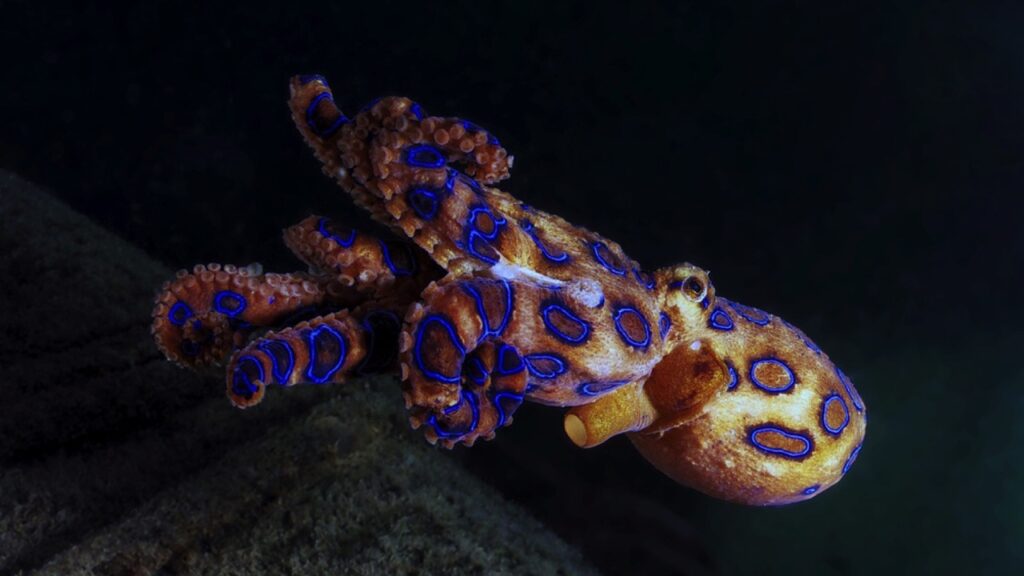
Don’t be fooled by its small size and beautiful blue rings. The blue-ringed octopus packs a powerful punch with venom strong enough to kill 26 adult humans within minutes. There’s no antidote, and victims need artificial respiration to survive. These tiny killers are found in tide pools and coral reefs around Australia.
Saltwater Crocodile
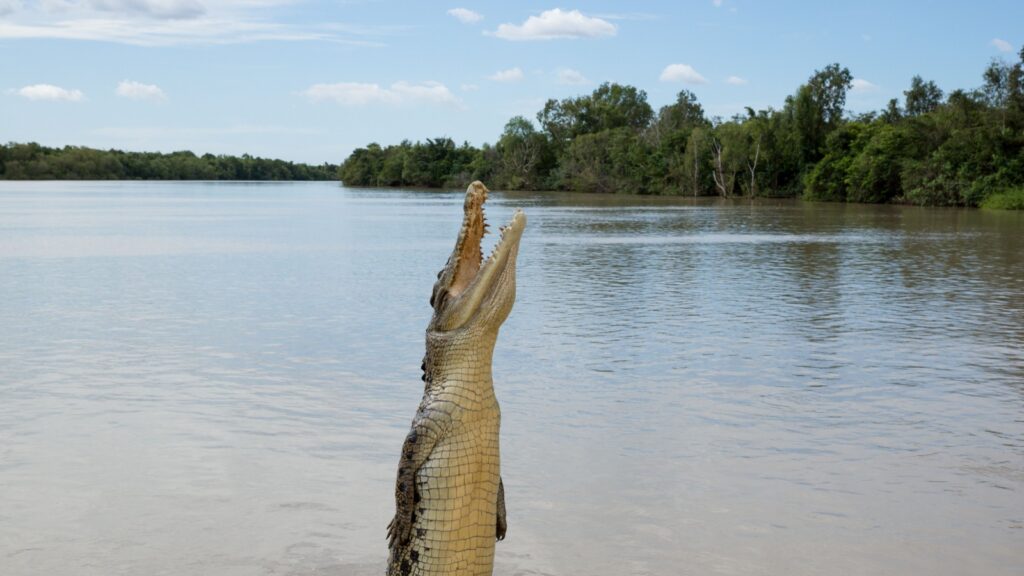
The saltwater crocodile is the largest living reptile and a fearsome predator. These massive creatures can grow up to 23 feet long and are known for their aggressive behavior. They’re responsible for the most human deaths of any crocodile species. Saltwater crocodiles inhabit the northern parts of Australia, from Western Australia to Queensland.
Stonefish
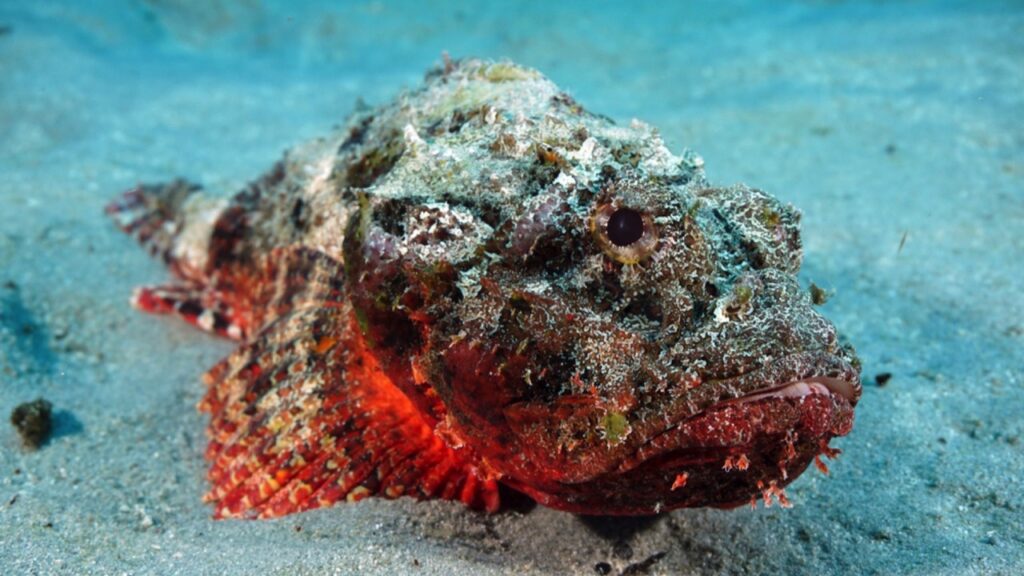
Stonefish are masters of camouflage and the most venomous fish in the world. Stepping on one can inject venom that causes excruciating pain, swelling, and potentially death if left untreated. These fish are found in the shallow coastal waters of northern Australia. Their excellent disguise makes them a hidden danger for beachgoers.
Irukandji Jellyfish
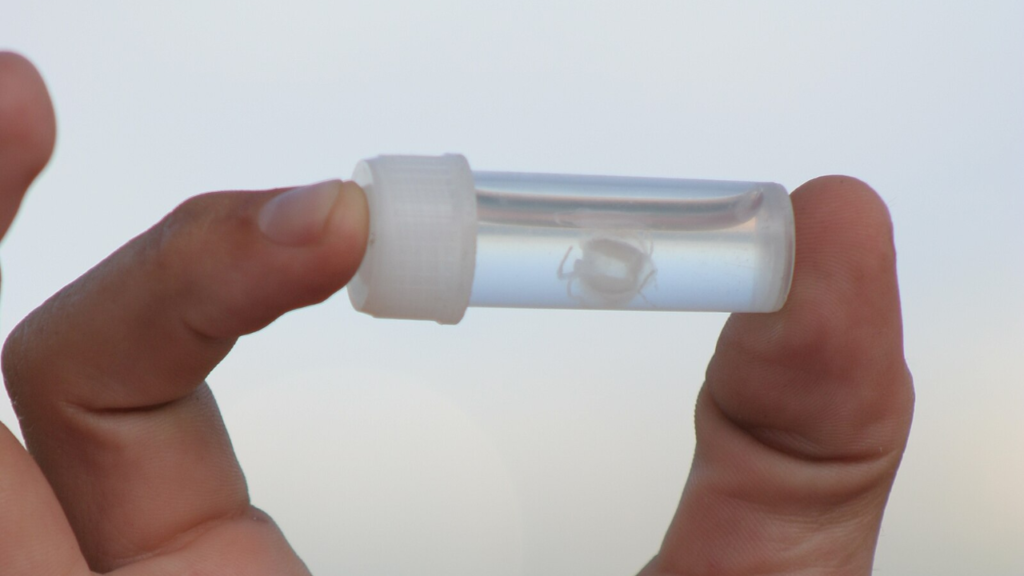
The Irukandji jellyfish is tiny but terrifying. About the size of a fingernail, its sting can cause Irukandji syndrome, leading to severe pain, vomiting, and a feeling of impending doom. In rare cases, it can cause brain hemorrhage and death. These minuscule menaces are found in the waters of northern Australia.
Blue-Bottled Jellyfish
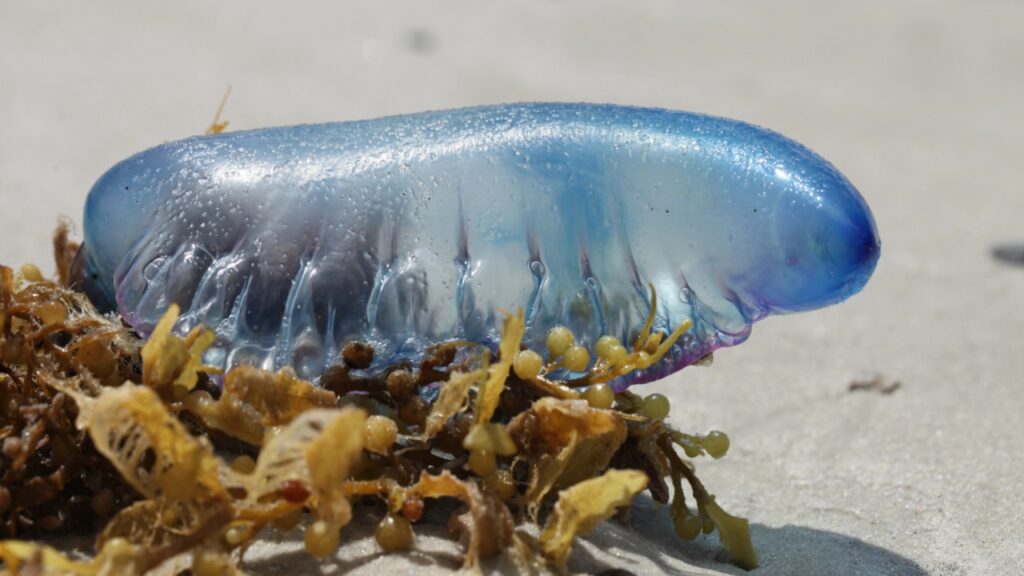
Also known as the Portuguese Man-of-War, this jellyfish-like creature has tentacles that can extend up to 165 feet. Its sting causes immediate, severe pain and welts on the skin. While rarely fatal, the blue-bottle’s sting can lead to fever, shock, and impaired heart and lung function. They’re often found washed up on Australian beaches.
Platypus
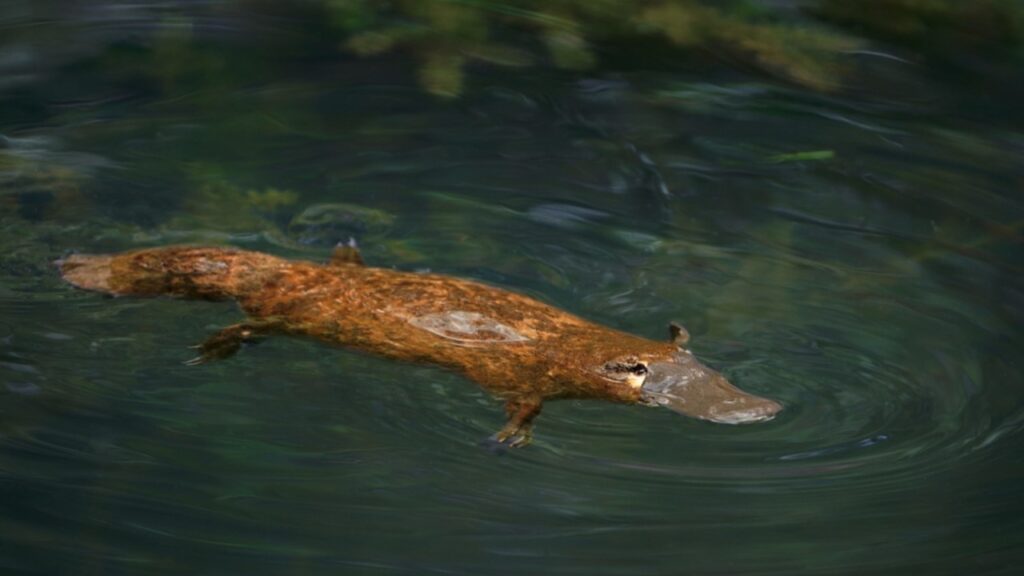
The platypus might look cute and cuddly, but male platypuses have venomous spurs on their hind legs. While not lethal to humans, their venom causes severe pain that can last for months. The pain is so intense that it’s resistant to morphine. These unique mammals are found in the eastern parts of Australia.
Dingo
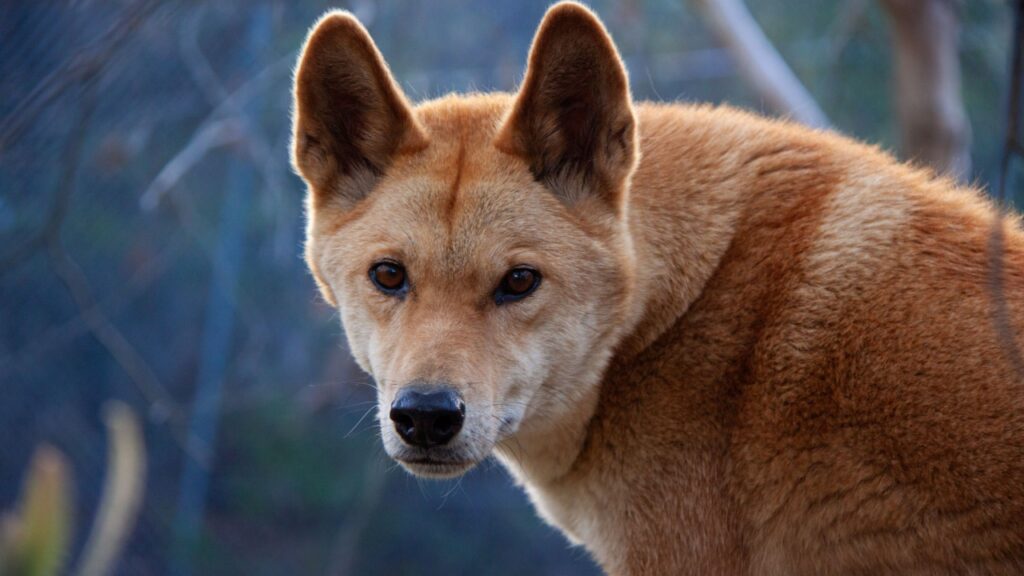
Dingoes are wild dogs native to Australia. While they generally avoid humans, they can be dangerous if provoked or habituated to human presence. Dingo attacks, though rare, can be fatal, especially for children. These adaptable predators are found across mainland Australia, except for Tasmania.
Stinging Tree
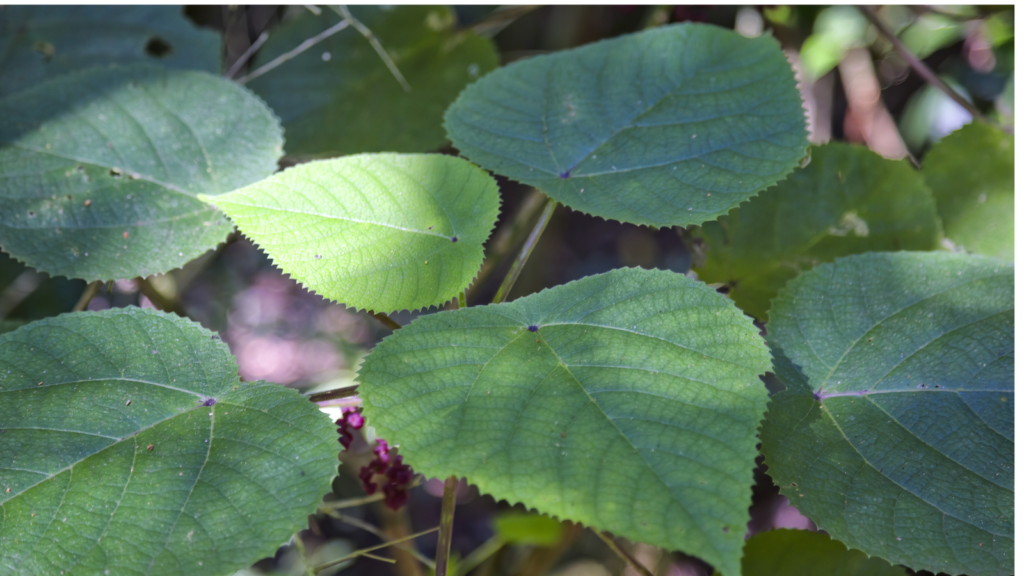
The Gympie Gympie, or stinging tree, is one of the most venomous plants in the world. Its leaves and stems are covered in stinging hairs that inject a potent neurotoxin. The pain from contact has been described as feeling like being burnt with hot acid and electrocuted at the same time. Effects can last for months or even years.
Cassowary
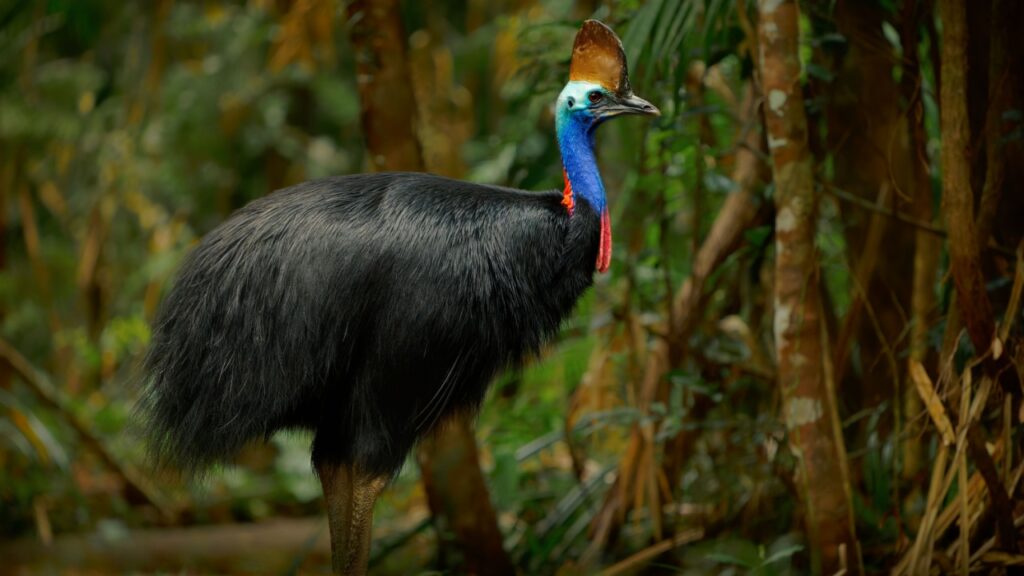
The cassowary is often called the world’s most dangerous bird. Standing up to 6.6 feet tall, these flightless birds have powerful legs and dagger-like claws. They can disembowel a human with a single kick if threatened. Cassowaries are found in the tropical rainforests of northeastern Australia.
Cone Snail
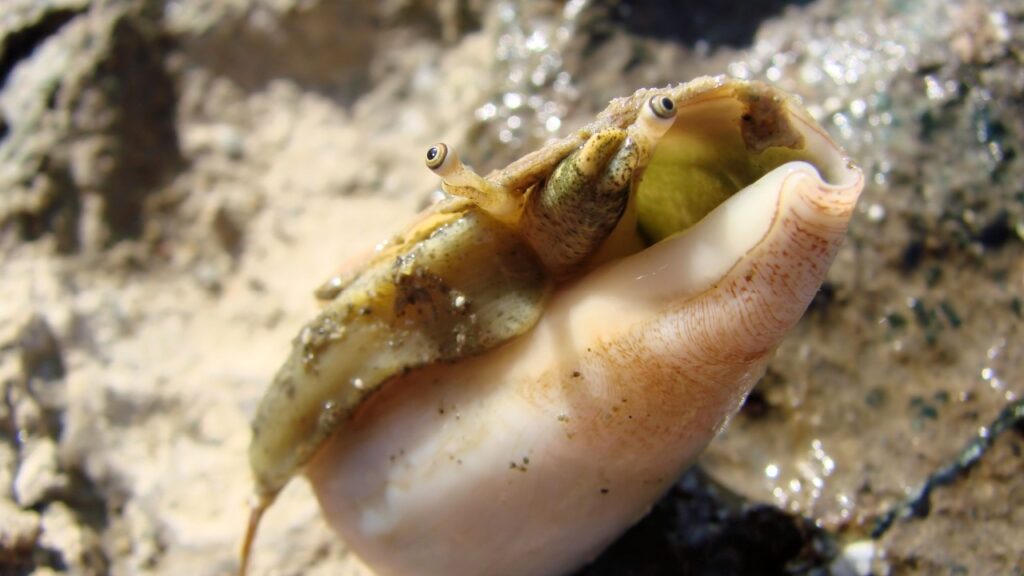
The cone snail may look harmless, but it’s one of the most venomous creatures in the sea. Its harpoon-like tooth can pierce through wetsuits, injecting a cocktail of over 100 different toxins. There’s no antidote, and stings can be fatal to humans. These snails are found in the Great Barrier Reef and other Australian waters.
Bull Shark
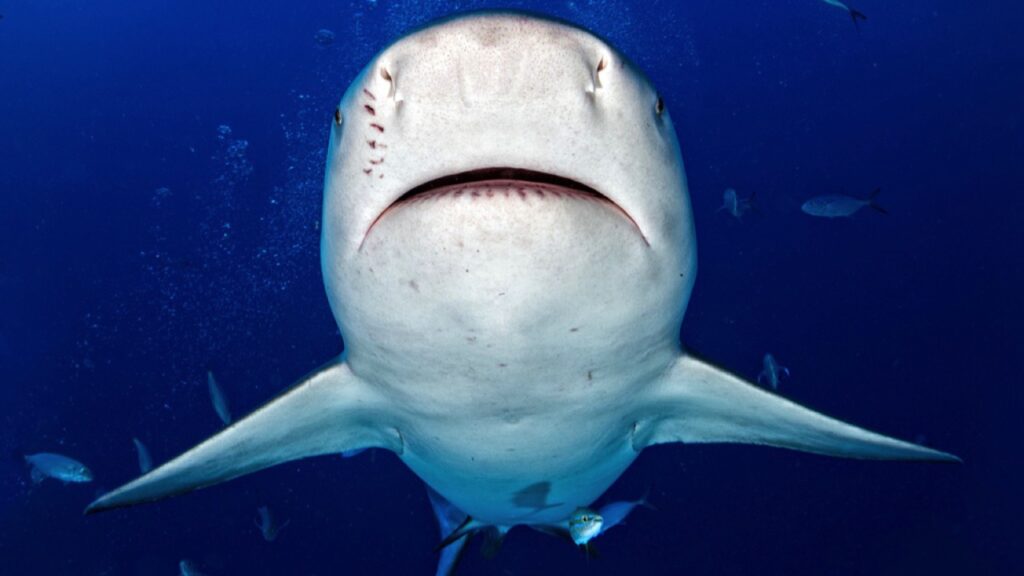
Bull sharks are aggressive predators known for their ability to tolerate freshwater. They can swim far up rivers and have been found in suburban canals. Their powerful bite and unpredictable behavior make them one of the most dangerous shark species to humans. Bull sharks are found in the coastal waters around much of Australia.

